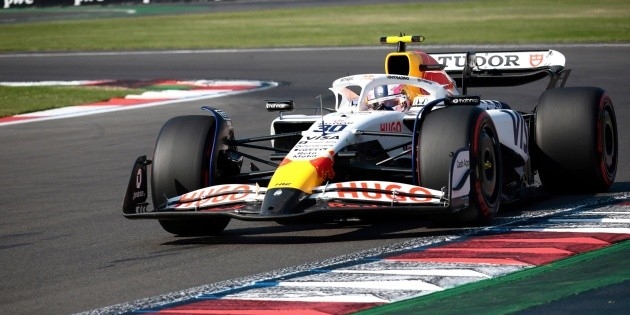The NBA Mafia

There are days when, inexplicably, the alarm clock rings and a poem wanders through your head. "...of all the favors I could have promised you, I owe you madness," wrote the brilliant Leopoldo María Panero. This is a sports article, but everything will come in time.
Poetry and much prose also emerge in cemeteries. The famous saying is that cemeteries are full of indispensable people—the ultimate lesson for all those with a voluptuous ego—and of men who killed from Monday to Saturday and went to mass on Sunday. The two are not incompatible.
Among the tombs in the Green-Wood Cemetery in Brooklyn, there are tombstones and pantheons of New York mobsters from another era, when gangsters controlled the city's businesses and cultivated a land that has provided much fodder for films by Martin Scorsese and Robert De Niro.
Although it seemed that organized crime families, in addition to literary and film material, were on the decline, this past week the top brass of the FBI and local police stormed the New York courts, specifically in Brooklyn, to remind everyone that the mobsters were still active and had targeted the NBA.
Investigators described a corrupt, illegal gambling scheme involving a team whose detainees included legends like Chauncey Billups, who has since been relieved of his duties as coach of the Portland Trail Blazers, and Miami Heat star Terry Rozier. Along with them, the roster featured illustrious names from the Big Apple's Cosa Nostra families: Bonano, Gambino, Lucchese, and Genovese.
(Legal) gambling has become embedded in American sports culture. Bookmakers have set up shop in stadiums, televised games feature a succession of ads to attract fans, and even the legendary LeBron James, still active, promotes the game as a "talent ambassador."
This situation exploded seven years ago after the Supreme Court authorized betting. It sprang up like mushrooms in a forest. Leagues embraced this new source of revenue, and owners calculated how to enrich themselves even further, assuming some kind of scandal might emerge. Was this a rational conclusion? This is the question they face after federal authorities revealed details of a vast criminal sports betting case. Panero's haiku explains it well.
lavanguardia





